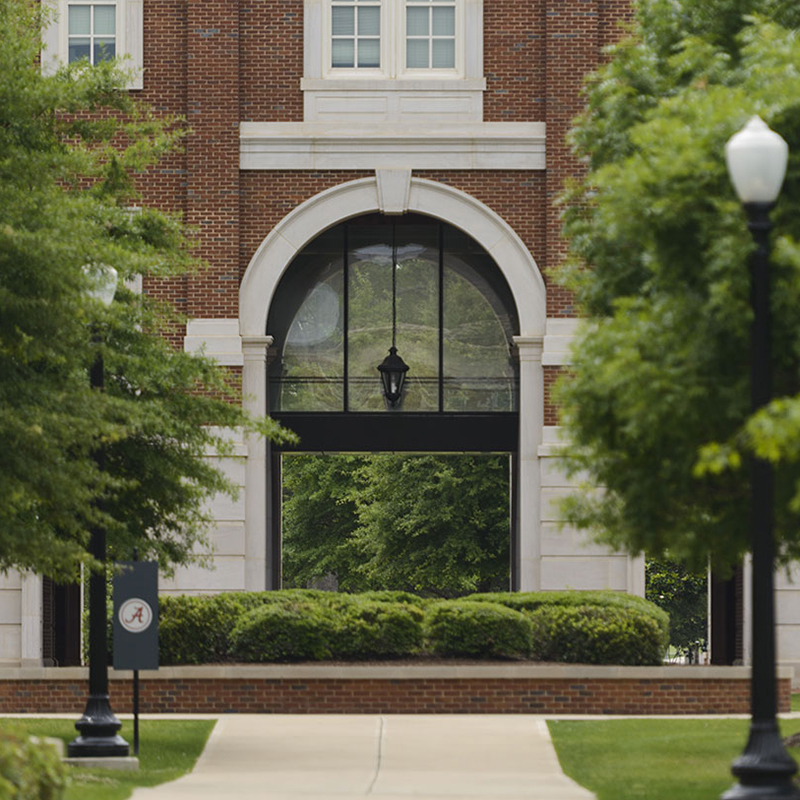Operations
Transportation operations involve monitoring, managing, and operation of the various elements of the transportation system including the highway network, vehicular, and non-vehicular traffic to facilitate safe and efficient movement of people and goods.
The transportation operations group at CTOPS which includes faculty, staff, and students, emphases on performing innovative and cross-cutting research that benefit the University, the state of Alabama and beyond. The group is currently undertaking several research projects with the state DOT and outside stakeholders. Some of the research areas include: arterial and corridor management, freeway operations, connected vehicle research, deployment and evaluation of intelligent transportation systems, incident management and operation, traffic modeling and simulation, traffic engineering research, development of transportation guides and manuals, as well as delivery of technical assistance to research partners.
The transportation operations house a state-of-the-art traffic signal lab. This lab is used to advance research in traffic signal control, detection technology, and connected vehicle infrastructure. The lab helps to prototype and pilot various advanced technologies and systems which are often used for transportation management and operations in real world. The traffic lab is co-located in the same building as the West Central Traffic Management center (TMC) in Cyber Hall which has been a backbone of several research collaborations and partnerships.


